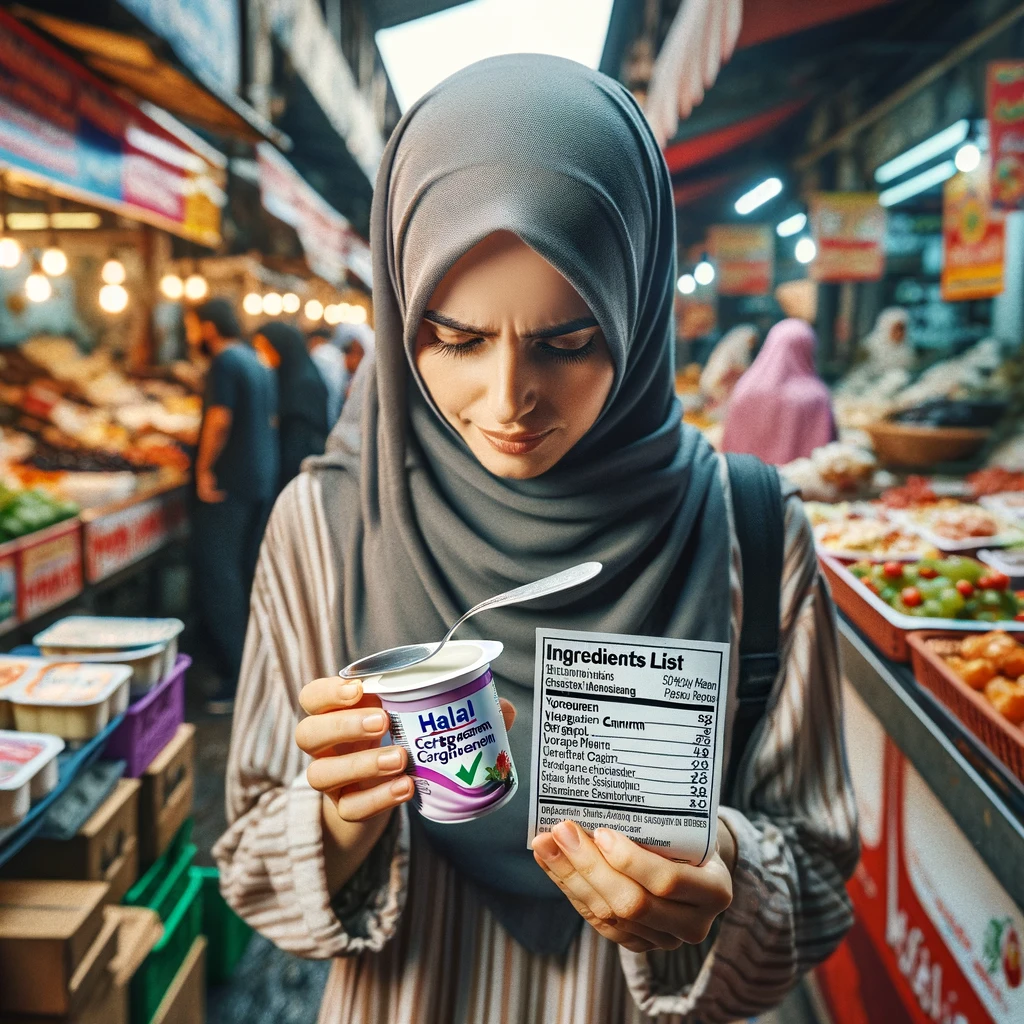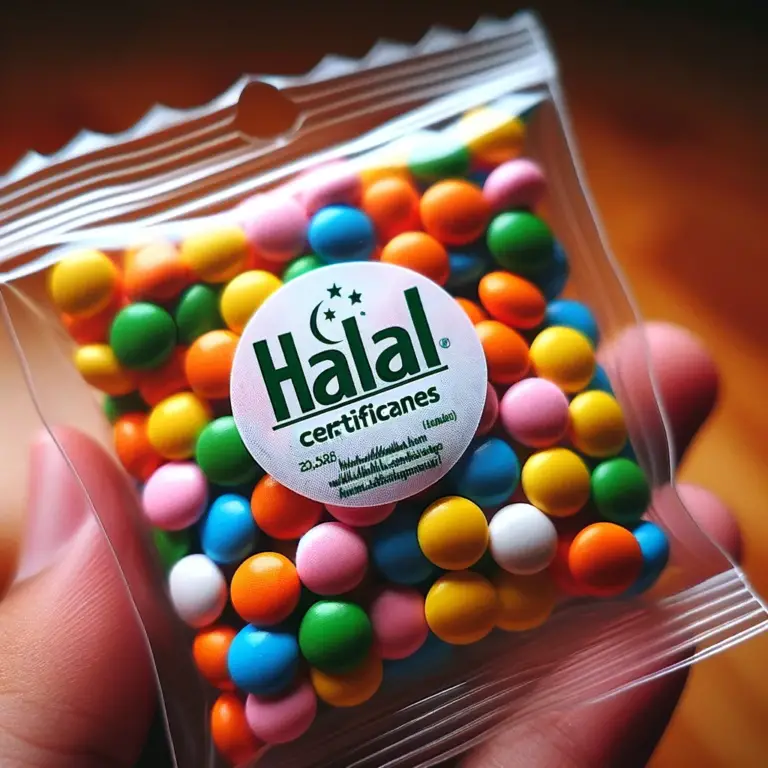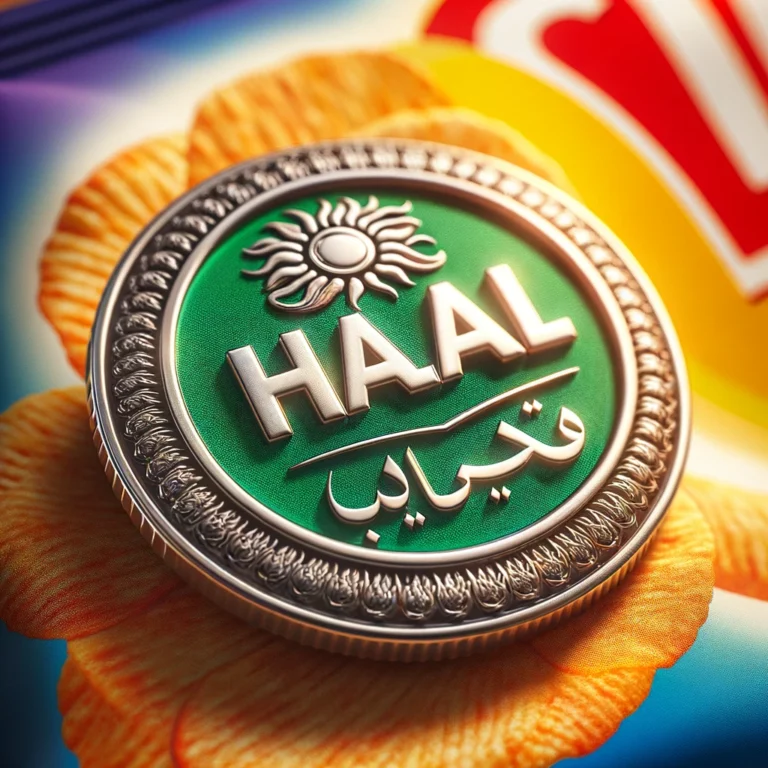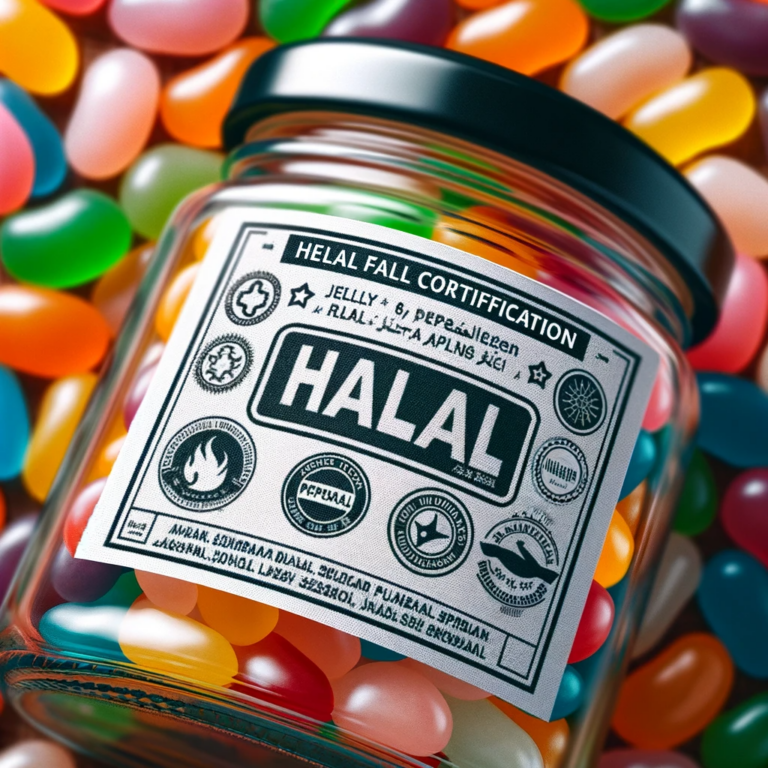Is Carrageenan Halal?
Carrageenan is a substance that is commonly used as a food additive and thickening agent. It is extracted from red seaweed and has some unique properties that make it useful for improving the texture of certain foods.
However, there has been some debate among Muslim consumers about whether carrageenan is halal. This article will analyze the evidence on both sides to determine if carrageenan is halal according to Islamic dietary laws.
An Overview of Carrageenan
Before analyzing the halal status of carrageenan, it’s important to understand what it is and how it is commonly used:
- Carrageenan is a polysaccharide derived from red seaweed. The seaweed is processed to extract the carrageenan, which is then purified for use as an additive.
- It is used as a thickening, stabilizing, and texture-enhancing agent in many processed foods. Common examples include dairy products, meat products, and prepared foods.
- Carrageenan helps improve the texture and shelf-life of foods. Its gelling and thickening properties give foods a richer, creamier texture. It also prevents separation of ingredients.
- There are three main types of carrageenan – kappa, iota, and lambda carrageenan. They have slightly different properties, but all are used as food additives.
- Carrageenan has no flavor or nutritional value. It is used exclusively for its functional effects on texture and stability.
So in summary, carrageenan is a seaweed-derived additive that improves the texture, shelf life, and quality of certain processed foods. Now let’s look at the evidence regarding its halal status.
The Case That Carrageenan is Halal
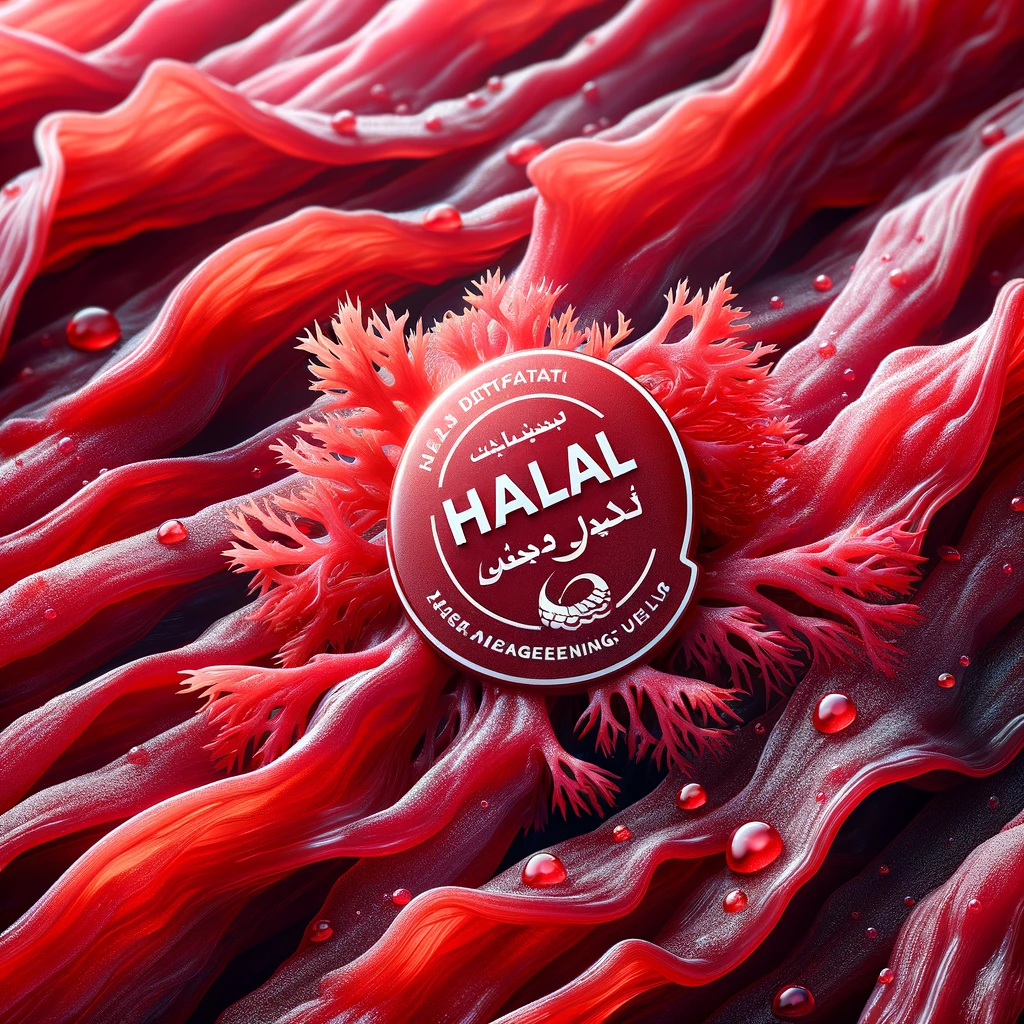
There are several arguments that carrageenan should be considered halal:
1. Its source (seaweed) is halal
- Carrageenan is derived from various species of red seaweed, all of which grow in the ocean.
- Seaweed and other plants that grow in the ocean are considered halal according to Islamic law.
- Therefore, since the raw source of carrageenan (seaweed) is halal, the extracted carrageenan should also be halal.
2. No haram ingredients are used in processing
- In the production process, carrageenan is extracted from seaweed using water and alkali solutions.
- No animal-derived or otherwise haram ingredients come into contact with the carrageenan during processing.
- This lack of exposure to haram substances provides evidence of its permissibility.
3. It is vegan and vegetarian
- Carrageenan is suitable for vegans and vegetarians. No animal products are used.
- This shows that it is free of haram animal-based ingredients.
In summary, the case that carrageenan is halal relies on it being derived from a halal source (seaweed), processed without any haram ingredients, and suitable for vegetarian/vegan diets according to its composition.
The Case That Carrageenan is Haram
However, some have argued that carrageenan should be considered haram. The main arguments are:
1. It may come from haram sources
- While the seaweed used is halal, some worry that carrageenan manufacturers may secretly use non-halal sources.
- For example, some carrageenan may come from beer-making byproducts, which would render it haram.
- Without clear labeling and supply chain tracking, its exact source is unknown.
2. Alcohol may be used during processing
- Some forms of alcohol may reportedly be used during the production process to help extract the carrageenan polysaccharides.
- If this alcohol includes intoxicating alcohols like ethanol, it could absorb into the carrageenan and render it haram.
3. It may contain hidden animal ingredients
- Some sources have questioned whether all commercial carrageenan is truly vegan or vegetarian.
- There is a hypothetical possibility that manufacturers sneak small amounts of animal-derived ingredients (like meat-based gelatin) into some carrageenan products.
So in essence, the case that carrageenan may be haram comes from uncertainty about the possible use of haram sources, alcohols, and hidden ingredients that current labeling fails to disclose.
Analysis of the Debate by Islamic Scholars
The debate around carrageenan’s halal status comes down to this uncertainty and lack of clear information about its sources and production methods.
So what have prominent Islamic scholars and halal certification organizations concluded after analyzing both sides of the debate?
Most major halal certifiers like JAKIM (Malaysia) and MUI (Indonesia) have declared carrageenan to be halal, provided that:
- Its raw materials come from halal seaweed sources
- No intoxicating alcohols are used in processing
- No animal-derived substitutes are secretly added
As long as manufacturers observe these conditions, and implement halal quality control and sourcing procedures, these institutions classify carrageenan as permissible for Muslim consumption.
For example, the Standards and Metrology Institute for Islamic Countries (SMIIC) states:
“Carrageenan extracted from seaweeds through aqueous processes is permissible provided that the seaweed source is halal, no intoxicating liquor is used subsequently, and the food containing carrageenan is not contaminated with najs substances. Proper quality control measures shall be implemented to meet this requirement.”
Similarly, most individual Islamic religious authorities have declared carrageenan halal in principle, contingent on proper sourcing and quality control.
However, some scholars abstain from blanket permission or prohibition due to lingering doubts. They defer judgment to each individual’s discretion after analyzing available information themselves.
How Carrageenan Manufacturers Can Guarantee Halal Authenticity
The global halal market is projected to reach $10 trillion by 2030 as Muslim populations grow. So demonstrating the halal status of carrageenan is increasingly vital for food manufacturers.
Here are steps carrageenan producers can take to provide Muslim consumers with confidence of its permissibility:
– Seek halal certification from accredited agencies
Getting halal certification from instititutions like JAKIM and SMIIC assures consumers their products meet strict Islamic guidelines around permissible ingredients and processing methods.
– Clearly label production sources
Full supply chain transparency allows consumers to validate inputs themselves. Detailed ingredient listings should disclose any alcohols used.
– Implement internal halal audits and quality control
Checks by Muslim employees can verify adherence to halal standards throughout the manufacturing process.
– Establish a Muslim advisory board
Having Muslim food scientists and religious authorities oversee production reassures consumers by adding accountability.
By taking these steps, carrageenan makers can eliminate doubts about haram contamination through enhanced transparency and accountability around halal standards.
The Bottom Line: Carrageenan Can Be Considered Halal Unless Contamination Is Proven
In summary, most evidence and religious opinions suggest carrageenan is halal based on its base ingredients. Seaweed and water used for extraction are clearly permissible.
However, hypothetical concerns have been raised around contamination with haram ingredients:
- During processing (alcohol usage)
- By substituting animal gelatins or other additives
- If manufacturers secretly introduce non-halal inputs
Yet there is no clear proof that major carrageenan producers are actually engaging in these potentially haram practices. And Islamic law upholds the principle that things are permissible unless concrete evidence deems otherwise.
As such, mainstream Islamic institutions allow carrageenan consumption pending potential future evidence of contamination. But a minority of scholars withhold judgment due to lingering uncertainty.
Muslim consumers themselves can analyze available evidence to decide where they stand. Extra steps by manufacturers around transparency, auditing, and certification can further confirm carrageenan’s halal status for doubters.
So the debate continues, but the balance of mainstream Muslim opinion currently leans toward classifying carrageenan as an acceptable halal ingredient when proper precautions are followed.
| Arguments That Carrageenan is Halal | Arguments That Carrageenan is Haram |
|---|---|
|
|

